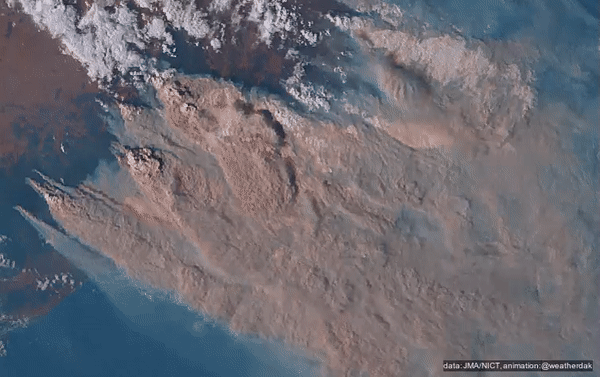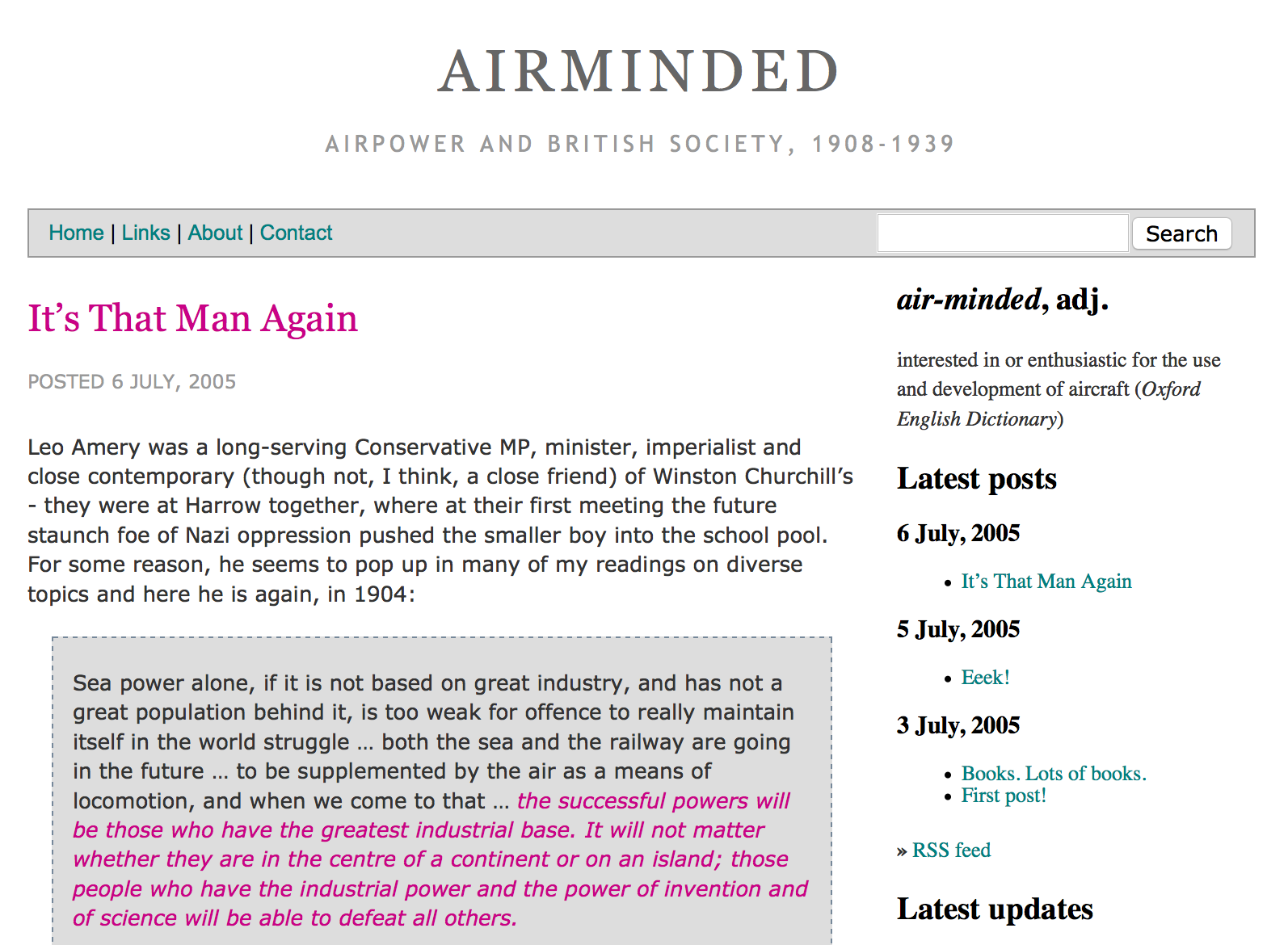
Australia is currently experiencing a bushfire season of unprecedented extent and intensity. (See Bodie Ashton’s viral thread for some idea of the scale, bearing in mind that it was written a few days ago. Above is a satellite image from 3 January 2020 of the eastern part of Victoria and south-eastern NSW; Melbourne itself is so far largely unaffected, apart from some smoke haze.) Our firefighters — extraordinarily, nearly all volunteers — need support, and I’m contributing to that by taking part in the Twitter campaign #AuthorsForFireys. Reply to the following tweet (you do need to be on Twitter for this) with your proposed donation to the Country Fire Authority, the main Victorian firefighting organisation, and if yours is the highest I’ll give you a copy of the hardcover edition of my book. It would currently cost you AUD252 if you ordered direct from the publisher, so this is a chance to get it at a much more reasonable price while helping a good cause.
https://twitter.com/Airminded/status/1214322596684025856?s=20
The rules are here — the link for donations is here. International donors are welcome (I’ll cover the postage to anywhere in the world), though that might be hard as unfortunately the CFA doesn’t seem to have any way to donate online, only through bank transfers/cheques/money orders. If that’s a problem, get in touch and we’ll work something out.
Bushfires certainly aren’t a new phenomenon in Australian history, but climate change is predicted to make them much worse, and this looks like the start of that. My book isn’t about Australia, or climate change; but it is about how societies respond to existential threats, or fail to. And, perhaps unsurprisingly, there’s a lot in Britain’s preparations for bombing in the 1920s and 1930s which is familar in Australia today: evacuations, warnings, shelters, firefighters, even (water)bombers, the international air force and the militarisation of civil defence. In fact as I was writing my thesis I had climate change in the back of my mind, and touched on it at the end. But I had a failure of nerve and ended up taking out even this anodyne conclusion for the book version:
there are other existential threats which societies have had to face: two which are often held to endanger us today are terrorism and climate change. Whether or not these threats are as exaggerated as the knock-out blow was in Britain between the wars — and both face more scepticism – its study may have much to tell us about how we can survive our own future. Will we wait until extreme danger is upon us, when it will be too late to enact any but the most short-term solutions, or will we be able to set aside complacency and co-operate as a planet, before it is too late?1
It’s never too late to act, but we are starting to pay the price for the climate obstructionism of our leaders, here and elsewhere. We have to fix that, and urgently. We have no other choice.
Image source: National Institute of Information and Communications Technology via Dakota Smith.
![]() This work is licensed under a Creative Commons Attribution-NonCommercial-NoDerivatives 4.0 International License.
Permissions beyond the scope of this license may be available at http://airminded.org/copyright/.
This work is licensed under a Creative Commons Attribution-NonCommercial-NoDerivatives 4.0 International License.
Permissions beyond the scope of this license may be available at http://airminded.org/copyright/.
- Brett Holman, ‘The Next War in the Air: Civilian Fears of Strategic Bombardment in Britain, 1908–1941’, PhD thesis, University of Melbourne (2009), 310. [↩]




And the winning bid was an extremely generous AUD150 from fellow aviation historian Alex Fitzgerald-Black. Thank you, Alex!